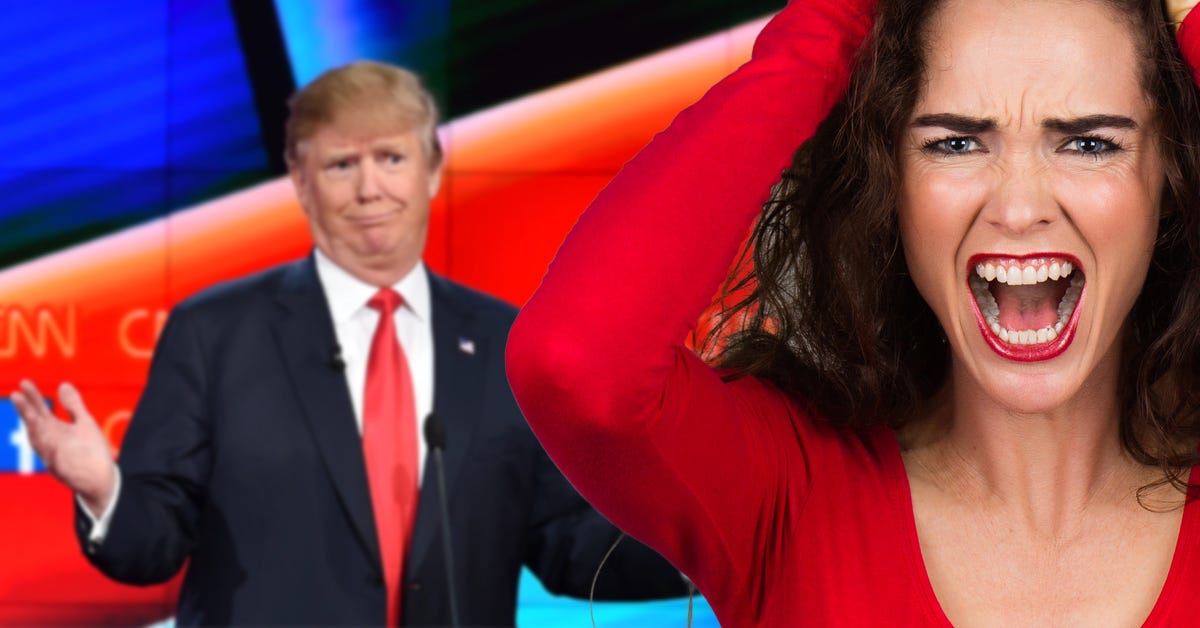Why Ignorance Breeds Confidence
Understanding the Cognitive Bias That Hides Incompetence
Modern media is rife with the misguided notion that bluster equals brilliance.
In an era overloaded with misinformation, it's hardly surprising that we constantly battle the fallout of cognitive biases that transform ignorance into unwarranted confidence.
Nothing, however, illustrates this phenomenon more spectacularly than the unrepentant antics of Donald Trump.
Understanding the Dunning-Kruger Effect
The Dunning-Kruger effect—first detailed by psychologists David Dunning and Justin Kruger in 1999—describes the ironic predicament where individuals with limited ability, knowledge, or expertise overestimate their competence.
In plainer terms, the less you know about something, the more likely you are to believe you’re an expert, often blustering through life with a delusional sense of mastery.
This bias isn’t just a quirky academic observation; it’s a dangerous foundation for misinformation and poor decision-making that permeates modern public discourse.
Before diving headlong into a case study that practically borders on the surreal, let’s pause briefly to let that reality sink in.
Trump: The Living, Breathing Dunning-Kruger Embodiment
If there were ever a poster child for the Dunning-Kruger effect, Donald Trump would wear that badge with shameless pride.
With a knack for opining on absolutely every subject—often without the faintest clue as to what he’s talking about—Trump has managed to elevate overconfidence to an art form.
His unyielding certainty in his own views, regardless of the overwhelming evidence to the contrary, isn’t just a political strategy; it’s an almost textbook example of what happens when incompetence meets unchecked bravado.
One might be tempted to ask whether his astonishing self-assurance stems from a deep-seated inability to recognize his own intellectual limits rather than any genuine expertise.
It’s a spectacularly misguided performance that leaves even the most ardent supporters wondering: How can someone be so confidently clueless?
It’s not merely ironic—it’s a glaring warning that in our political arena, the loudest voice is not always the most informed.
The Far-Reaching Implications for Media and Public Discourse
The impact of such rampant overconfidence isn’t confined to a few raucous press conferences or reality TV moments.
When public figures consistently display a flagrant lack of self-awareness, they signal to the rest of society that it’s perfectly acceptable to trade humility for hubris.
This toxic cycle results in a media environment where misinformation and baseless assertions drown out genuine expertise.
Policies and debates are increasingly driven by opinions rooted in an astonishing disconnect from reality rather than by facts or informed judgment.
This isn’t just a case of a few inflated egos—it's a systemic issue that undermines robust democratic discourse and the pursuit of truth.
The consequences ripple far beyond political theater in a society where expertise is dismissed in favor of audacious yet hollow claims.
A Reality Check on Confidence and Competence
In today’s age of information overload, recognizing our cognitive limitations is not merely an intellectual ideal—it’s an urgent necessity.
When ignorance masquerades as insight, we risk creating a culture where speaking loudly and confidently beats out actual knowledge and reasoned debate.
The lessons of the Dunning-Kruger effect remind us that true competence comes with an honest—if sometimes humbling—awareness of one’s limitations.
And if there’s one undeniable truth that today's political spectacle lays bare, it’s that unchecked overconfidence—Trumpian in its magnitude—poses a formidable threat to informed public discourse and, ultimately, to the health of our democracy.
Support fearless, independent journalism that gets into “good trouble, necessary trouble” by holding power accountable.
Stay strong,
Samuel






